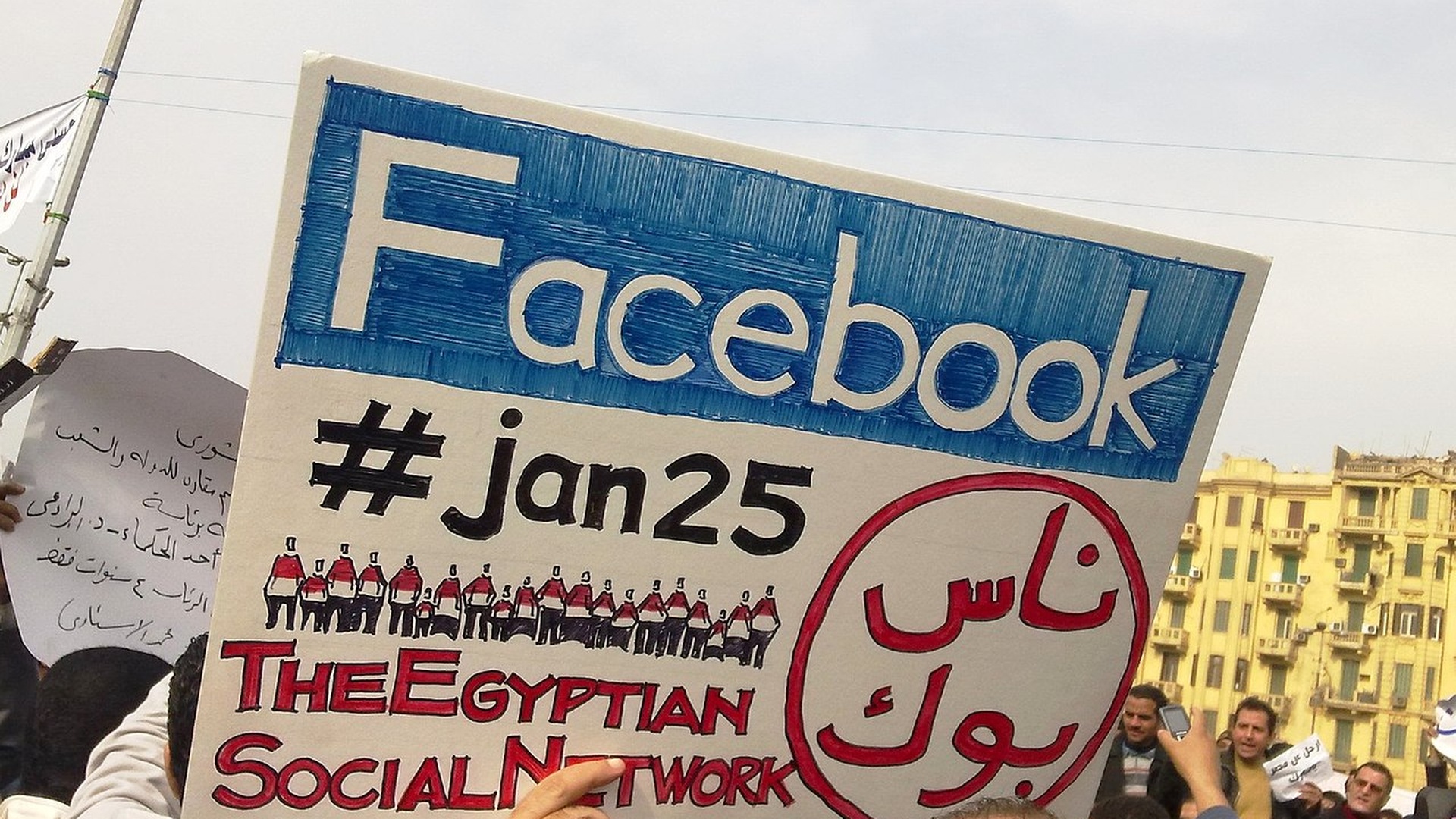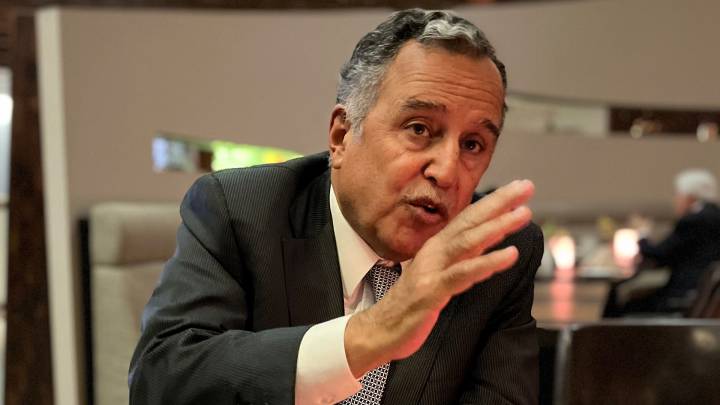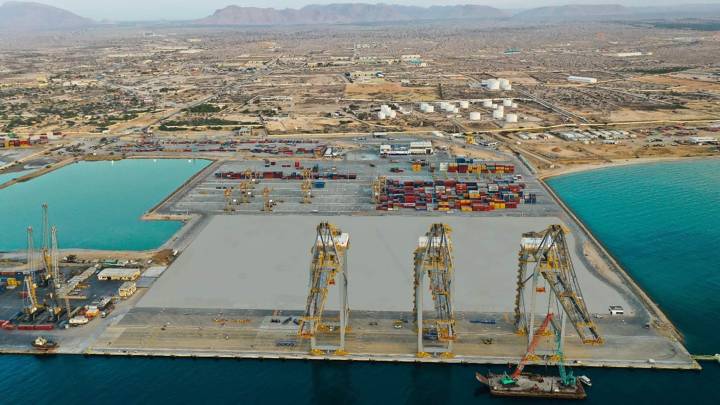Encrypted messaging apps like WhatsApp have the potential to counterweight disinformation campaigns – or lay the groundworks for them. A case of three countries in which the direction of these app are going to play a crucial role.
Egypt, Ethiopia and Libya are no exceptions to the worldwide success of encrypted messaging apps (EMAs). WhatsApp is the most popular among these in Egypt, Viber has been widespread in Libya for several years, and Telegram has increased its penetration in Ethiopia significantly over the last several years.
The political relevance of EMA usage in these countries surfaced first in 2011 when WhatsApp was used to coordinate protests, especially within Egypt. Over the last years, the significance of these apps has not escaped regime actors aiming to persuade citizens of the state’s (alleged) effectiveness or efforts – and messaging apps have increased in importance for news consumption.
Getting news via messaging apps has become a staple in Egypt, Ethiopia and Libya – largely due to three reasons: first, those apps are seen as less biased and hence people hope for less slanted news from them. Messaging apps are closed platforms where people largely interact with people they know and trust. An Ethiopian lawyer expressed in an interview the thirst for “real news” within her community – and Telegram, we learned, has become a space for gathering “real news.”
Second, those apps are not driven by algorithms and hence people feel more in charge of what they are seeing. In Libya, messaging apps sometimes offer a safe haven from the polarized information landscape people are facing on Facebook. Third, people spend a lot of time on their phones – Viber is used for business in Libya, WhatsApp is a crucial resource for everyday communications in Egypt and Telegram seems to have turned into the main platform for coordination in Ethiopia. In Ethiopia particularly the relevance is heightened, and Telegram has been adopted by the news media and channels developed sharing war updates – similar to what we have seen in Ukraine.
Instead, Egypt somehow incorporates WhatsApp into its propaganda apparatus
People relying on news via messaging apps entails empowerment because citizens are more in charge of what they are seeing – who you communicate with on WhatsApp is still largely your choice. At the same time, vulnerability takes shape because people more easily believe what they see on messaging apps due to their status as trusted messengers – which makes citizens more at risk to deceptive messages.
Propagandists have been trying to utilize messaging apps in Egypt, Ethiopia and Libya. The good news is that they don’t seem particularly well-versed in exploiting messaging apps (yet). Instead, Egypt somehow incorporates WhatsApp into its propaganda apparatus, mostly by having regime officials coordinate with journalists about which content to spread – and then leaving it largely to those journalists to spread it. One Egyptian journalist explained to us that [since President El Sisi and his entourage] “control all newspapers and all platforms and all stations and all theatres and all schools and all curriculums and everything else, what’s the point?”
The bad news, however, is that propagandists are adaptive and also rely on facilitators, such as social media influencers at home as well as in the diaspora abroad. State propagandists are fine-tuning the combinations of people and tools, such as bots, that act as their messengers online. For instance, in Ethiopia, the locally fragmented information landscape pits journalists against each other. Ethiopian diaspora groups especially seem to have included Telegram in pro-Abiy propaganda efforts. And whereas the bulk of Libyan propaganda seems to spread on open platforms like Facebook and Twitter, the seeds for these propaganda campaigns are sown on chat applications and then jump to more open social media platforms.
Thus the empowerment of citizens in contested environments risks being derailed again. Instead of offering protection that is less polluted by regime actors in Egypt or competing political actors in Libya, the future of those apps is at a crucial point – for example with regard to Egypt: Will EMAs be co-opted by the suffocating propaganda apparatus of the Sisi regime, or will they be a closed and protected platform for news consumption?
Signal and Telegram especially gained popularity among activists
There is a potential for these apps to become a beneficial influence. This brings us to some more good news, in both Libya and Ethiopia, as activists have the ability to weaken state regime propaganda by spreading their voices where algorithms and bots cannot easily drown them out. In both countries, activists see EMAs as more secure forms of communication. Signal and Telegram especially gained popularity among activists, which is surprising due to their disparate levels of encryption. Telegram has especially grown in importance with activists who try to exchange unbiased information and create (relatively) safe spaces away from the governments’ prying eyes and propaganda machines.
We are at a crucial point where tech companies and civil society, policy makers and academics should work together to prevent further exploitation of these more private, and more secure platforms by authoritarian actors – whose use for propaganda has been under the radar for some time.
Overall, it is necessary to invest more time and resources in researching and developing proposals for a healthy use of EMAs in those countries – for example, collaborating with local journalists on the African continent who started “WhatsApp newspapers.” Encryption has come under attack by various policy proposals around the world. Egypt introduced legislation infringing on people’s human rights online by prohibiting using encryption-based services, presumably under the rationale of protecting national security.
When addressing exploitation of EMAs, it is paramount to keep in mind the different regional contexts and factor in experiences and necessities of human rights advocates of non-Western countries – this importance is exacerbated by the fact that propaganda and disinformation are more harmful more quickly in countries exhibiting political division or experiencing civil wars. Both of which are overwhelmingly present in countries of the Global South, not the West.
Inga Kristina Trauthig is a senior research fellow at the Propaganda Research Lab at the University of Texas (UT) at Austin. She received her PhD from King’s College London, for which she focused on Libya. Alexandra Whitlock is an undergraduate researcher with UT. They both work on a multi-country project studying the manipulative political use of encrypted chat applications such as WhatsApp, Telegram, and Signal.




